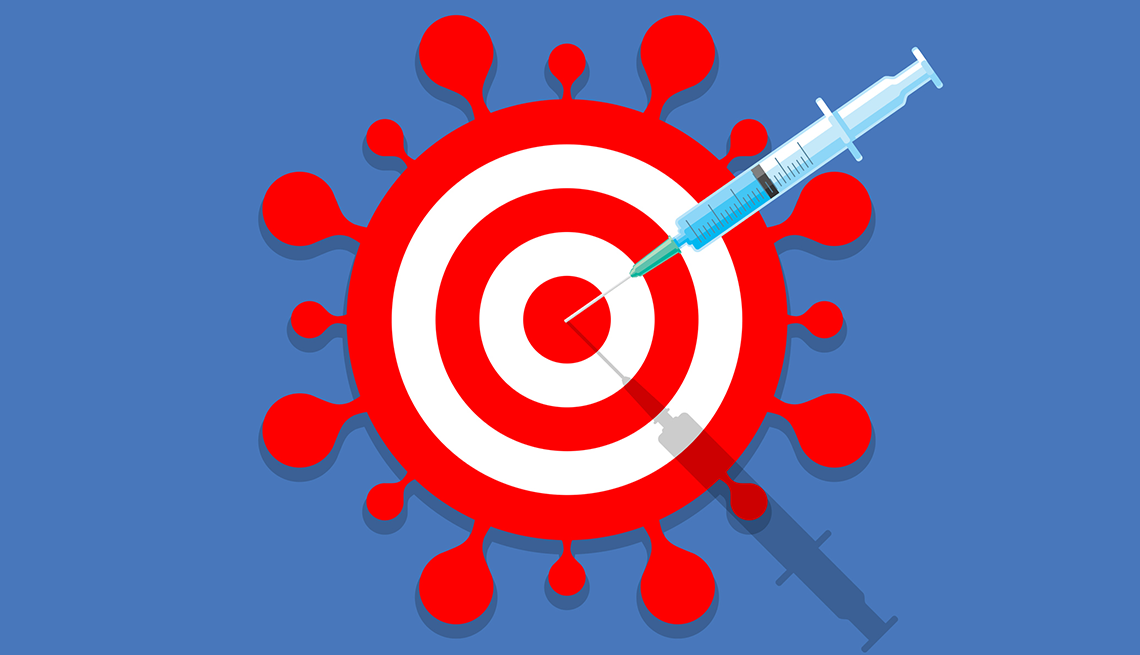
Why Adults 65-Plus Should Get a Spring COVID Shot
- Select a language for the TTS:
- UK English Female
- UK English Male
- US English Female
- US English Male
- Australian Female
- Australian Male
- Language selected: (auto detect) - EN
Play all audios:
Getty Images Facebook Twitter LinkedIn
National data suggests the rough respiratory illness season may finally be winding down. Declining trends, however, shouldn’t be mistaken for lax precautions. Doctors and virus experts say
it’s just about time for older adults to roll up their sleeves for another dose of the coronavirus vaccine.
In October 2024, the U.S. Centers for Disease Control and Prevention (CDC) issued a recommendation that people ages 65 and older get a spring shot of the 2024-25 COVID-19 vaccine to boost
their immune systems and restore protection that has waned since the fall, when the updated vaccines became available. Immunocompromised individuals — those who have cancer or take certain
medications to treat an autoimmune disorder, for example — are also advised to get another COVID vaccine.
“Those two groups are the ones that are now consistently making up the population that’s suffering from severe COVID-19, meaning emergency room visits or hospitalizations,” says Andrew
Pekosz, a professor in the Department of Molecular Microbiology and Immunology at Johns Hopkins Bloomberg School of Public Health.
Find COVID-19 Vaccines in Your StateAARP's 53 state and territory COVID-19 vaccine guides can help you find vaccines near you and provide the latest answers to common questions about costs, eligibility and availability.
In early January, the COVID hospitalization rate for adults younger than 50 was 1.0 per 100,000 people; for those 65-plus, it was 18.3 per 100,000. And during last year’s respiratory illness
season, adults 65 and older accounted for 70 percent of all COVID-related hospitalizations.
Why do older adults need a boost?A big reason has to do with age-related changes that make it more difficult for older adults to fight off an infection, explains Rachel M. Presti, M.D., a professor of medicine and medical
director of the Infectious Disease Clinical Research Unit at Washington University School of Medicine in St. Louis. This is not unique to COVID-19. Older adults are more susceptible to
severe illness from other bugs, such as influenza, which is why a high-dose version of the flu shot is recommended for people 65-plus.
Additionally, the COVID vaccines “provide really pretty good protection in the short term, but by the time you get to month four, five and six, that protection begins to wane,” William
Schaffner, M.D., professor of preventive medicine at Vanderbilt University School of Medicine, told AARP.
And, unlike flu, which typically strikes during the fall and winter, COVID-19 is active year-round, which is why it has surged in the summer months. “So this six-month boost is meant to sort
of kick that [immunity] back up to high levels of protection until the following fall,” Pekosz says, when people are typically vaccinated for flu and COVID-19.